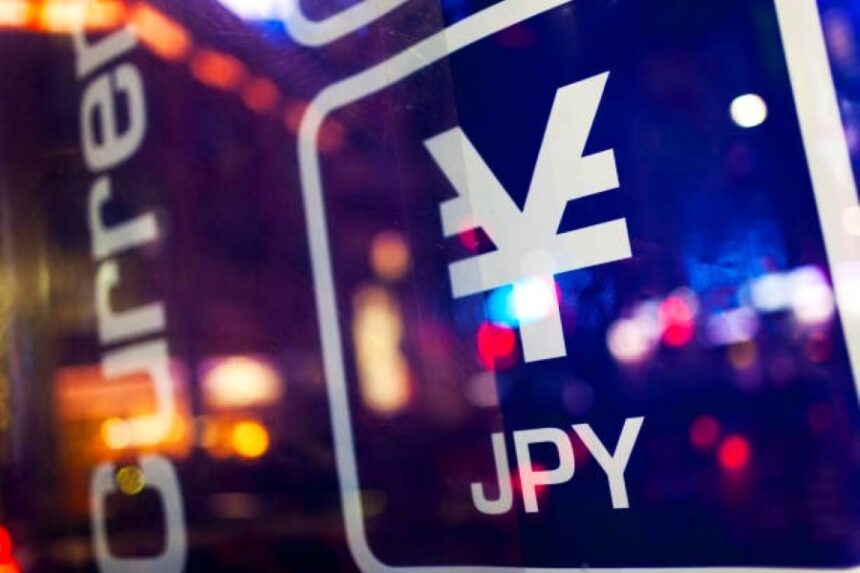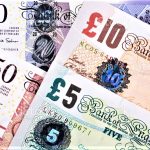Japanese Yen Recovers Losses as USD Struggles.
The Japanese Yen (JPY) regained its losses against the US Dollar (USD) on Thursday. Following remarks from Bank of Japan (BoJ) Deputy Governor Shinichi Uchida. Uchida indicated that the BoJ would not raise interest rates during market instability, according to Reuters. This support came after the Yen experienced downward pressure due to Uchida’s earlier dovish comments.
The BoJ Summary of Opinions from its Monetary Policy Meeting on July 30-31 highlighted. That several members see economic activity and prices aligning with the BoJ’s forecasts. They aim for a neutral interest rate of “at least around 1%” in the medium term.
Geopolitical tensions could limit the downside for the safe-haven Yen.
Increased geopolitical tensions in the Middle East, particularly involving Iran and its allies’ potential retaliation against Israel, could limit the downside for the safe-haven Yen. This follows the recent killing of a senior Hezbollah commander in Lebanon and a Hamas leader in Tehran, as reported by CNN.The US Dollar is under pressure. With traders anticipating a more substantial rate cut by the US Federal Reserve (Fed) in September. The CME FedWatch tool shows a 72% probability of a 50-basis point rate cut, up from 11.8% the previous week.
Market Update: Japanese Yen Under Pressure from BoJ’s Uchida’s Remarks.
Japan’s Finance Minister Shunichi Suzuki stated on Thursday that while he is monitoring volatile stock movements. He has not yet taken action. He emphasized that monetary policy decisions are the BoJ’s responsibility. And highlighted the need to closely monitor market developments, according to Reuters.Japan’s current account surplus decreased to ¥1,533.5 billion ($10.47 billion) in June, down from ¥2,849.9 billion the previous year, falling short of market expectations of ¥1,790 billion.BoJ Deputy Governor Uchida also noted that the BoJ’s interest rate strategy will adapt if market volatility affects economic forecasts or risk assessments. He stressed the importance of monitoring the economic and price impacts of their policies, stating that maintaining the current level of monetary easing is necessary for the time being.Japan’s Chief Cabinet Secretary Yoshimasa Hayashi mentioned that wage increases are expected to extend to part-time workers and small businesses by autumn, driven by strong Shunto results and minimum wage hikes.Japan’s Labor Cash Earnings data showed a 4.5% year-on-year increase in average income for June, surpassing both the previous 2.0% and expected 2.3% readings, marking the highest increase since January 1997. This supports Japan’s shift toward a rising interest rate environment.
Fed President expressed growing confidence that US inflation is moving towards the Fed’s 2% target.
Federal Reserve Bank of San Francisco President Mary Daly expressed growing confidence that US inflation is moving towards the Fed’s 2% target. Daly noted a more balanced risk to the Fed’s mandates and openness to possible rate cuts in future meetings, according to Reuters.
Minutes from the BoJ’s June meeting revealed concerns among some members about rising import prices.
Minutes from the BoJ’s June meeting revealed concerns among some members about rising import prices due to the Yen’s recent decline. Which could pose an upside risk to inflation. One member mentioned that cost-push inflation could intensify underlying inflation. If it leads to higher inflation expectations and wage increases.









